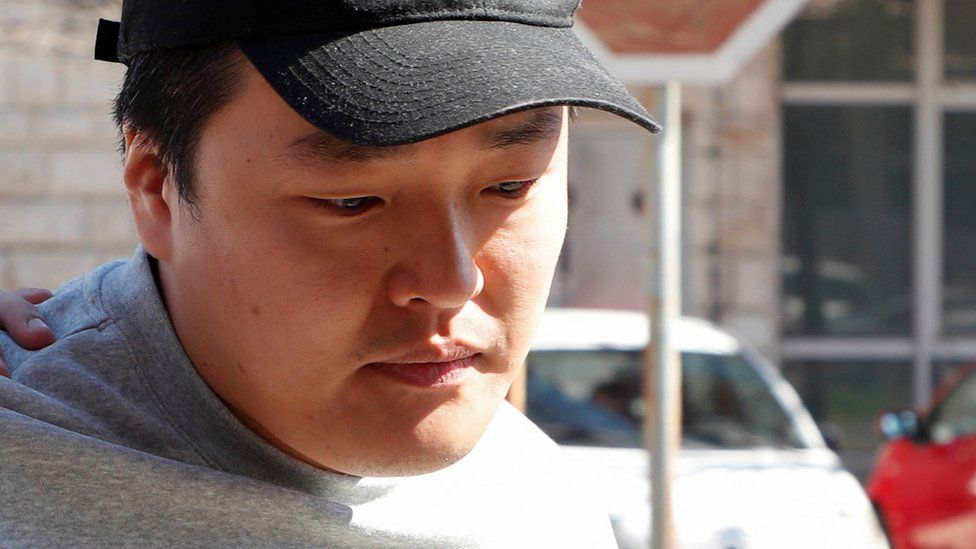When the news of US Navy officer Ridge Alkonis’ fatal car accident involving two Japanese citizens broke on 29 May 2021, it did not initially garner much attention in Japan. Alkonis, who was stationed at the Yokosuka naval base south of Tokyo, had killed an 85-year-old woman and her 54-year-old son-in-law during a trip to Mount Fuji. After admitting to negligent driving, he was sentenced to three years in jail in October 2021. However, he was transferred to US custody in December.
US Navy doctors claimed that Alkonis was suffering from acute mountain sickness at the time of the accident. His case is one of many involving US military personnel since the US-Japan Status of Forces Agreement (SOFA) was signed in 1960, allowing the deployment of US military forces in Japan.
On 13 January, a tweet by CNN anchor Jake Tapper celebrating Alkonis’ full parole and immediate release sparked outrage among the Japanese public. Many were unaware that Alkonis’ wife Brittany and his advocates had successfully campaigned for his release in the United States. US President Joe Biden and Vice-President Kamala Harris had even raised the case with Japanese Prime Minister Fumio Kishida.
The reaction to Alkonis’ release highlighted longstanding resentment over the American military presence in Japan, a sentiment that dates back to the post-World War Two military occupation of Japan. Currently, there are approximately 54,000 US servicemen stationed at 120 bases across Japan, with 32 bases in Okinawa alone.
The discontent is particularly pronounced in Okinawa, where the American occupation only ended in 1972. The region has experienced numerous incidents involving US servicemen, including noise and environmental pollution caused by military deployments, drunken incidents, and sexual violence against women.
Despite these issues, the US bases are unlikely to be removed due to geopolitical needs. The ongoing threat of North Korea, an increasingly assertive China, and the Russian invasion of Ukraine necessitate a strong US military presence in Japan. As a result, Japan has seen its largest military build-up since World War Two, with a significant increase in defence spending.
While the US remains an essential ally for Japan, cases like Alkonis’ could potentially strain the relationship. Critics argue that the US’s apparent indifference to such incidents could be exploited by adversaries such as North Korea, China, and Russia.









